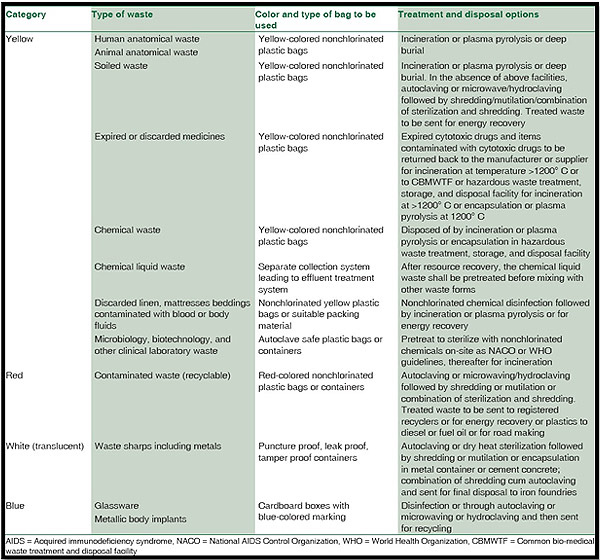The Main Principles Of Reclaim Waste
The Main Principles Of Reclaim Waste
Blog Article
The Greatest Guide To Reclaim Waste
Table of ContentsReclaim Waste Things To Know Before You BuyEverything about Reclaim WasteThe Main Principles Of Reclaim Waste Some Ideas on Reclaim Waste You Should KnowIndicators on Reclaim Waste You Need To Know
Check out the kinds, occurrences, and types of fluid waste. Domestic sewer waste refers to the waste and items from a residential septic storage tank. This kind of waste is created by humans in residences, schools, and other structures. This only includes septic containers that have a drainpipe field. The correct administration and disposal of residential sewage waste call for liquid waste to be transferred to a sewer therapy plant where the appropriate techniques and tools are put on purify and deal with waste.
Commercial waste frequently includes possible hazards, such as combustible materials or a blend of fluid and strong waste products, and calls for an advanced and in-depth disposal procedure. The disposal of industrial waste commonly entails the purification of waste prior to transport to make sure safe and proper disposal. Industrial waste is developed from byproducts and runoff of industrial procedures and production.
This type of waste can not make use of the exact same sewer administration transport or processes as septic or industrial liquids. The hazardous waste administration procedure requires the inspection and screening of liquid waste before it goes through the disposal process (liquid waste disposal). Runoff waste is the liquid waste that comes from drainage and excess stormwater in extremely inhabited locations or cities
Overflow waste can trigger contamination and flooding otherwise handled correctly. Discover more concerning sewage system cleansing and waste monitoring. Guaranteeing correct waste management can avoid disasters and reduce environmental harm. Both people in household setups and specialists in business or production industries can benefit from comprehending the processes and guidelines of fluid waste monitoring.
Not known Incorrect Statements About Reclaim Waste
Call PROS Solutions today to learn concerning our waste monitoring and disposal services and the correct ways to take care of the liquid waste you create.
(https://www.blogtalkradio.com/reclaimwaste1)This so-called 'wastewater' is not only a vital source yet, after treatment, will certainly be launched to our land, rivers or the ocean. Utilized water from bathrooms, showers, baths, cooking area sinks, washings and commercial procedures is known as wastewater.

water made use of to cool down equipment or tidy plant and equipment). Stormwater, a form of wastewater, is overflow that streams from agricultural and metropolitan areas such as roofs, parks, yards, roads, courses and gutters into stormwater drains pipes, after rainfall. Stormwater moves without treatment directly to regional creeks or rivers, ultimately reaching the sea.
See This Report about Reclaim Waste
In Queensland, most wastewater is treated at sewer treatment plants. Wastewater is transferred from domestic or industrial sites with a system of drains and pump terminals, referred to as sewerage reticulation, to a sewage treatment plant. City governments develop, keep and operate most sewer therapy plants. Operators are licensed under the Environmental Security Act 1994 to discharge cured wastewater at an appropriate ecological criterion find more into rivers.
The Department of Natural Resources advises city governments about handling, operating and keeping sewage systems and therapy plants. In unsewered areas, local governments may need homeowners to set up specific or house sewer therapy systems to deal with residential wastewater from commodes, kitchens, washrooms and washings. The Division of Natural Resources authorizes using house systems when they are shown to be efficient.
In some brand-new class, treatment of some stormwater to remove trash, sand and gravel has actually started using gross contaminant traps. Wastewater therapy occurs in 4 stages: Removes solid matter.
Uses small living microorganisms knows as micro-organisms to damage down and get rid of continuing to be liquified wastes and great fragments. Micro-organisms and wastes are incorporated in the sludge.
Some Known Details About Reclaim Waste
Nutrient elimination is not readily available at all sewage treatment plants since it calls for costly specialised devices. Clear liquid effluent created after treatment may still consist of disease-causing micro-organisms - liquid waste disposal.

Many wastewater moves right into the sewerage system. Under the Act, neighborhood governments provide authorizations and permits for eco relevant tasks (Ages) involving wastewater launches that might have a local effect.
Reclaim Waste - Truths
Otherwise, samples are considered laboratory analysis. Usually numerous examinations are required to establish the levels of each of the various pollutants such as oils, heavy metals and pesticides in water. Surveillance provides factual information regarding water high quality and can validate that permit problems are being fulfilled. The information obtained through tracking supplies the basis for making water top quality choices.
Report this page